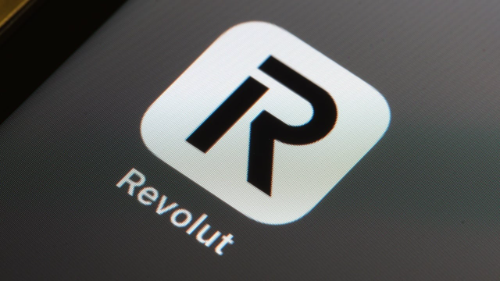Revolut in Talks With Morocco’s Central Bank on Market Entry

TLDR
- British neobank Revolut has held talks with Morocco’s central bank, Bank Al-Maghrib, about a possible entry into the local market
- The discussions, held in early August, explored gaps in current banking services and consumer needs, according to officials
- Revolut, valued at $65 billion in July and Europe’s most valuable fintech, would make Morocco its first African base if it proceeds
British neobank Revolut has held talks with Morocco’s central bank, Bank Al-Maghrib, about a possible entry into the local market. The discussions, held in early August, explored gaps in current banking services and consumer needs, according to officials.
Revolut, valued at $65 billion in July and Europe’s most valuable fintech, would make Morocco its first African base if it proceeds. The company is known for its freemium model, offering low-fee services in markets where traditional banks rely heavily on commissions.
Bank charges in Morocco can reach 1,000–2,000 dirhams ($95–$190) annually, according to the National Federation of Consumer Associations. Remittances from Moroccans abroad totaled more than 117 billion dirhams ($11.4 billion) in 2024, also subject to fees.
Regulatory gaps may pose hurdles. Current consumer protection and data privacy laws lack provisions for chargebacks, breach notifications, and cross-border safeguards common in Europe and the U.S.
Daba is Africa's leading investment platform for private and public markets. Download here
Key Takeaways
Revolut’s potential arrival could reshape Morocco’s retail banking market, where commission income remains a key revenue source. According to Bank Al-Maghrib, fees made up 14% of Moroccan banks’ net income in 2024, or nearly 10 billion dirhams. While declining as a share, this remains significant for incumbents such as Attijariwafa Bank, BCP, and BMCE, which declined to comment on Revolut’s interest. Regulators have already taken steps to reduce costs for consumers, banning charges for electronic bill payments in a bid to boost digitalization and financial inclusion, with the banking rate at 54% in 2024. Revolut could appeal strongly to younger users and to Moroccans abroad sending remittances, where cost savings would be substantial. But adoption will depend on how Moroccan regulators address gaps in fraud protection and data privacy, areas where local law lags global standards. For consumers, Revolut could offer cheaper alternatives; for banks, it could trigger a shake-up.

Next Frontier
Stay up to date on major news and events in African markets. Delivered weekly.
Pulse54
UDeep-dives into what’s old and new in Africa’s investment landscape. Delivered twice monthly.
Events
Sign up to stay informed about our regular webinars, product launches, and exhibitions.




